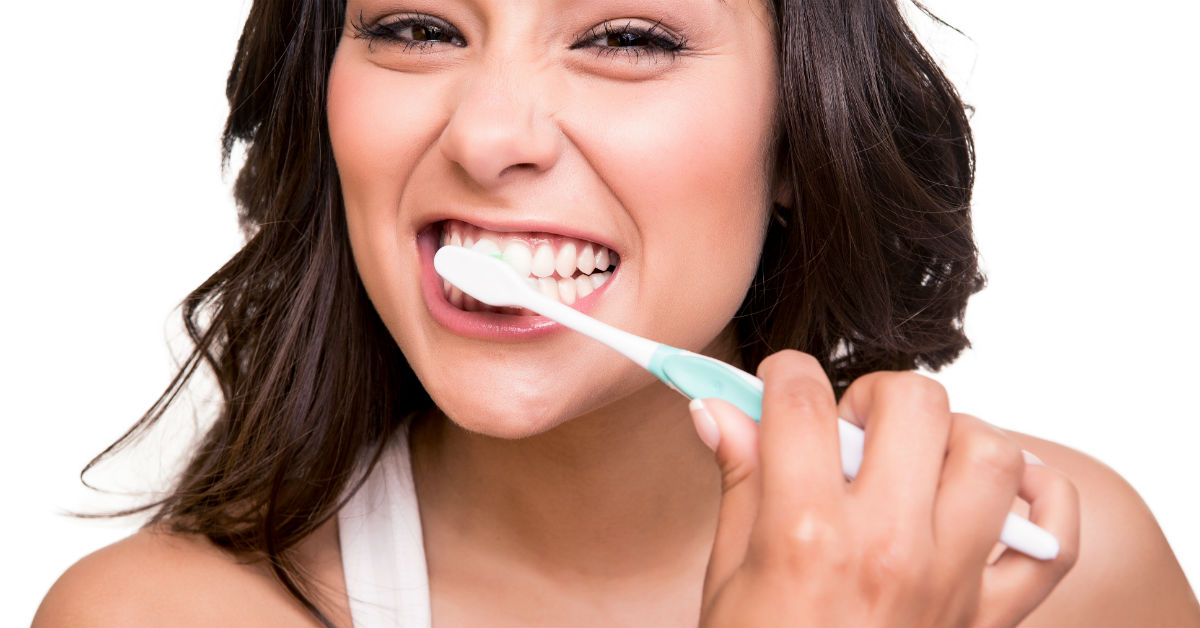
Dry mouth is a common cause of poor saliva production. As the name suggests, dry mouth, or xerostomia, is a condition in which the mouth is unusually dry thanks to improperly functioning glands.
Saliva is one of the most important functions of your mouth. It’s vital to oral health. It helps to limit bacterial growth and wash away food particles. Saliva has special enzymes that kill the bacteria, aid in cleanliness, eliminate bad breath, and keep your mouth clean. When production of saliva is stalled, it’s very difficult to keep their tooth decay in check.
Fortunately, there are a few things that can be done to reduce the risk of tooth decay for those with dry mouth. It all starts with treating the condition and keeping your mouth as clean and healthy as possible. Here are some suggestions.
Treat the Cause
The best way to reduce your risks of cavities forming is to go straight to the cause. There are medications that can increase saliva production, though it’s not for everyone.
If you’re not into medication, there are natural ways to increase saliva, such as chewing gum with xylitol. It helps to stimulate the flow of saliva and even mimics the enzymes that keep bacteria from flourishing in the mouth.
Replacing saliva with other liquids can also increase saliva as well. Water and other sugarless drinks are best, since the sugar can increase the risk of cavities.
Brush and Floss
Oral hygiene rules are doubly important for those with dry mouth. Dentists recommend brushing and flossing twice daily to keep teeth and gums clean. However, it’s strongly recommended to brush after every meal to reduce the risk of bacterial growth.
Use Fluoride
Though tap water has fluoride in it to help improve the health of teeth, it’s often not enough to protect them from decay. Use a toothpaste with fluoride to strengthen enamel. At least once per year, ask for a fluoride treatment to harden it more.
Avoid Sugary and Acidic Foods
Foods high in sugar and acids will attack tooth enamel and increase your risk for developing cavities. You’ll also want to avoid foods that can aggravate the dry mouth condition, including dry, spicy, or excessively hot or cold foods and beverages. It’s especially important to avoid any of these foods close to bedtime.
Visit the Dentist Bi-Annually
Don’t miss a single sixth month cleaning. Your dental hygienist can meticulously clean your teeth, removing plaque and bacterial growth. Your dentist can also spot problems forming in your mouth and potentially prevent cavities from forming.
Having dry mouth doesn’t mean you have to live with tooth decay for the rest of your life. By developing good oral hygiene and developing some of these powerful habits, you can keep your teeth clean and healthy.



Leave a Reply